I am sure many of my regular readers here are old pros at eating gluten-free, but maybe some of you are new to a strictly gluten-free diet (due to Celiac disease, a gluten intolerance or another medical/health reason), or perhaps you are looking to simply cut back or eliminate some gluten from your diet. Maybe you are being a really good pal, looking to learn more and find options for a friend or family member that is gluten-free. No matter what the reason, my simple overview of a gluten-free diet is meant to be used as a safe and quick tool while you are doing your own research on specific products and what you can and cannot tolerate (even within these “allowed” foods).
I hope you enjoy this list and find it to be a good resource if you are just starting out, or to share with family and friends that want to learn more about your restrictions.
A Quick Guide to Gluten-Free Eating

ALWAYS AVOID ON A GLUTEN-FREE DIET:
- Wheat (einkorn, durum, farro, graham, kamut, semolina, spelt)
- Rye
- Barley (malt, malt flavoring and malt vinegar are usually made from barley)
- Triticale (a cross between wheat and rye)
- Commercial oats contain gluten due to cross contamination in processing, only eat certified GF oats
Wheat goes by many names – other wheat products to avoid:
- Bulgur
- Durum flour
- Farina
- Graham flour
- Kamut
- Semolina
- Spelt
SAFE FOODS ON A GLUTEN-FREE DIET:
Alternative flours, grains, starches and thickeners that are inherently safe for celiac, gluten intolerance and wheat allergies include:
- Rice (white, brown, basmatic, jasmine, wild, risotto, sticky rice, rice cereal)
- Corn (maize) (grits, polenta, cornmeal)
- Potato, potato starch, potato flour
- Tapioca and tapioca starch
- Bean flours (chickpea, garbanzo, soy, fava, garfava)
- Sorghum
- Quinoa, quinoa flour and cereal flakes
- Millet and millet flour
- Rice flour
- Buckwheat
- Arrowroot starch
- Amaranth
- Certified gluten-free oats and oatmeal*
- Teff
- Montina
- Cornstarch (corn flour)
- Flax
- Nut flours (almond, chestnut, pecan, cashew, macadamia)
- Coconut flour
*Oats are naturally gluten-free and might be OK but please note when purchasing your oats, please make sure to choose packages that say “gluten-free”, as most commercial oats are contaminated with wheat when they are grown in the fields or from cross contamination in the processing plant. Some folks that are gluten-free don’t eat any oats, as they cannot tolerate them. Research indicates that pure, uncontaminated oats consumed in moderation (up to 1/2 cup dry oats daily) are tolerated by most celiacs. Everyone is different so please only eat them if you know you can tolerate then and consult with your physician or specialist before including in your regular diet.
Labels that clearly declare a complete list of ingredients are usually safest. You must read labels each and every time foods are purchased, as manufacturers can change ingredients at any time. As of 2006, wheat used in products will be identified on the label. Additionally, you may verify ingredients by calling or writing a food manufacturer and specifying the ingredients and the lot number of the food in question. State your needs clearly – be patient, persistent and polite.
WHAT ABOUT ALCOHOL?
Distilled alcoholic beverages and vinegars are gluten-free. Distilled products do not contain any harmful gluten peptides. Research indicates that the gluten peptide is too large to carry over in the distillation process. This process leaves the resultant liquid gluten-free. Wines and hard liquor/distilled beverages are gluten-free. Beers, ales, lagers and malt vinegars that are made from gluten-containing grains are not distilled and, therefore, are not gluten-free. There are many great gluten-free beers available.
FOODS THAT ARE NATURALLY GLUTEN-FREE:
- Fruits and vegetables
- Beans, seeds, nuts in their natural, unprocessed form
- Fresh eggs
- Fresh meats, fish and poultry (not breaded, batter-coated or marinated)
- Most dairy products
GLUTEN LIKES TO HIDE: Always Read Labels. Don’t be afraid to call the manufacturer if you are unsure.
Products to be careful of where gluten can be hiding: broth, bouillon, beers, ales, lager, breading & coating mixes, energy bars, syrups, communion wafers, french fries, croutons, dressings, drugs & over-the-counter medications, modified food starch, ice cream and frozen desserts, flour & cereal products, herbal supplements, imitation bacon (and other fake meats), veggie burgers, imitation seafood, marinades, nutritional supplements & vitamins, pastas, flavored vinegars, chocolate, candy, processed deli meats, sauces & gravies, hot dogs and vegan hot dogs, spice blends, self-basting poultry, soy sauce or soy sauce marinades, soups and soup bases, stuffings, thickeners (Roux), confectioner’s and brown sugar, herbal teas (watch for barley), jerky.
*Please remember that even the words “gluten-free” on a label do not always insure 100% gluten-free, due to cross contamination. Be cautious and be vigilant. Call companies and manufacturers, ask for detailed information or testing.
REMEMBER WHEN IN DOUBT, GO WITHOUT! IT IS NEVER WORTH IT!
When you are unable to verify ingredients or the ingredient list for a food is unavailable – DO NOT EAT IT!! No matter the amount consumed, it is not worth affecting your immune system nor is it worth the damage that will surely be done to the small intestines as a result, every time gluten is eaten. Whether or not symptoms or signs are present, it may be happening.





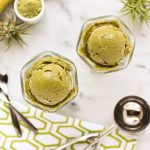
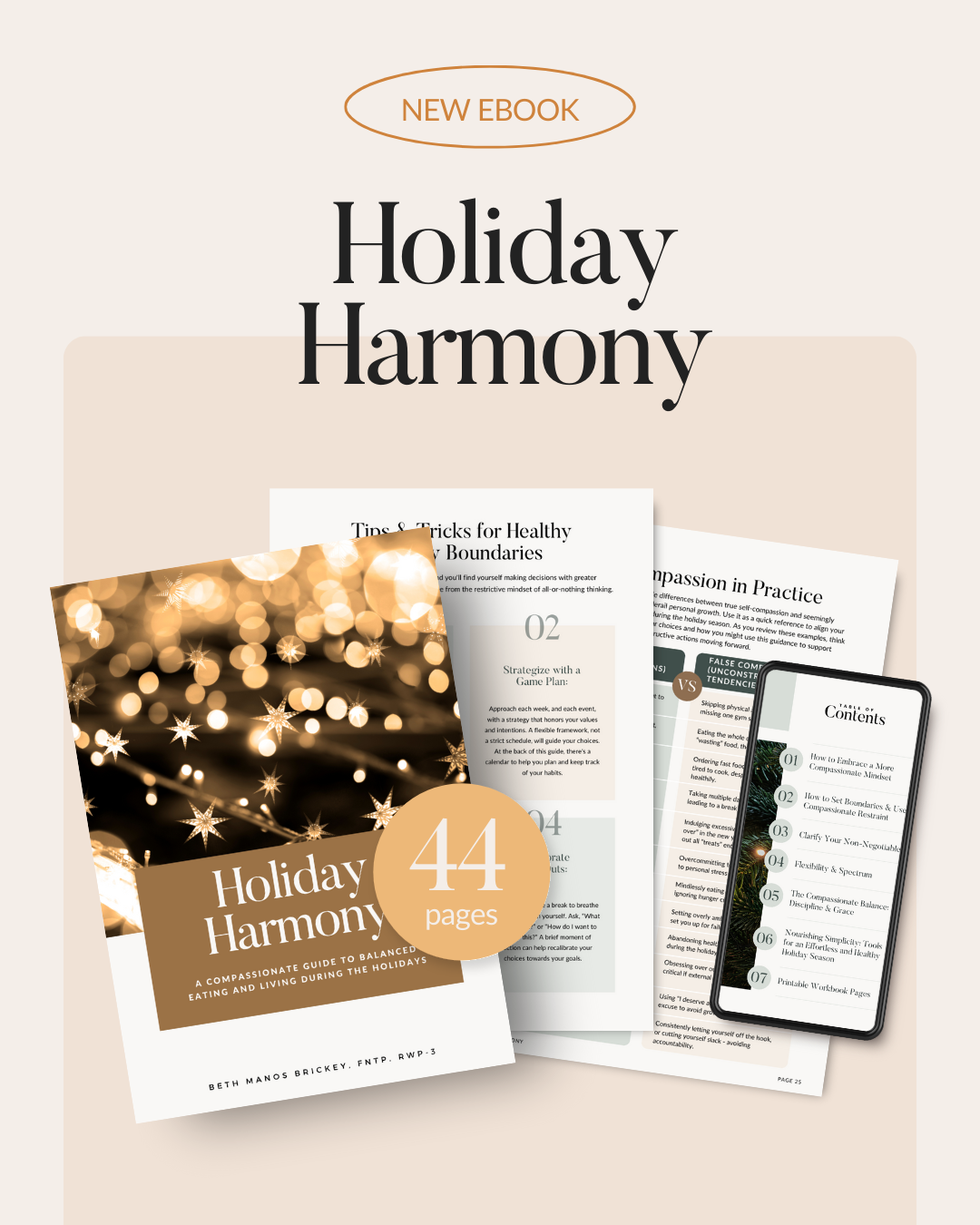
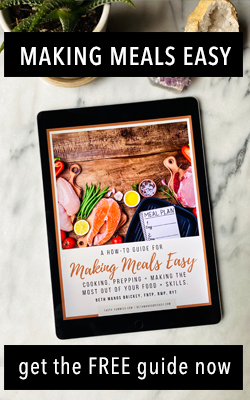
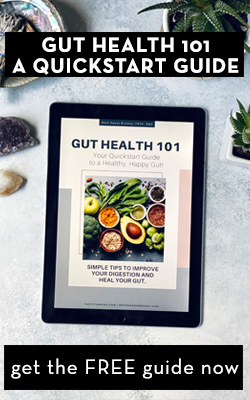
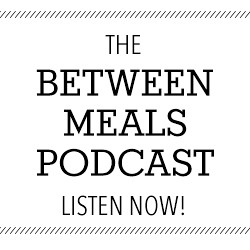



4 Responses
Thank you for the simple and direct article, very informative. I recently released that I’m wheat intolerant (after of 2 years suffering from indigestion, bloating, water retention, insomnia etc). Unfortunately I lost my trust in gastroenterologists and dieticians as none of the ones I visited could pin point it or eliminate gluten as part intolerance testing diet lasting for months and with no results (eliminating cabbage / mushrooms / sweets / sugar / nuts / alcohol / etc., healthy eating and probiotics were the usual prescriptions). Anyway; I was wondering if you could write a similar article about wheat. Can you be only wheat intolerant? (i have no problems consuming oats containing gluten but I’m scared of trying rye or bulgur since I eliminated everything that contained gluten and tested only oats with gluten which seems are ok). Food and ingredients someone with only wheat intolerant should avoid, and what to have in mind? if you can be only wheat intolerant, what differentiate wheat from other gluten-containing grains? I hope I do not ask for too much
[…] http://tasty-yummies.com/2013/04/11/a-quick-guide-to-gluten-free-eating/ […]
I just wanted to thank you for this blog (site?)! I’ve been trying to go gluten free for my health for ages and it’s so overwhelming when you don’t know where to start! You made it so easy and I can’t wait to sink my teeth in and really get serious about it! Thank you so much!
Hi Beth,
I have a question. There are some GF doctors that say you shouldn’t eat Rice, Corn, Millet, Sorghum, Quinoa, Buckwheat, Amaranth, Certified gluten-free oats and oatmeal*
Teff, Montina, Cornstarch (corn flour). They say these item have gluten in them also.
Can you give me some info on this?
Thanks,